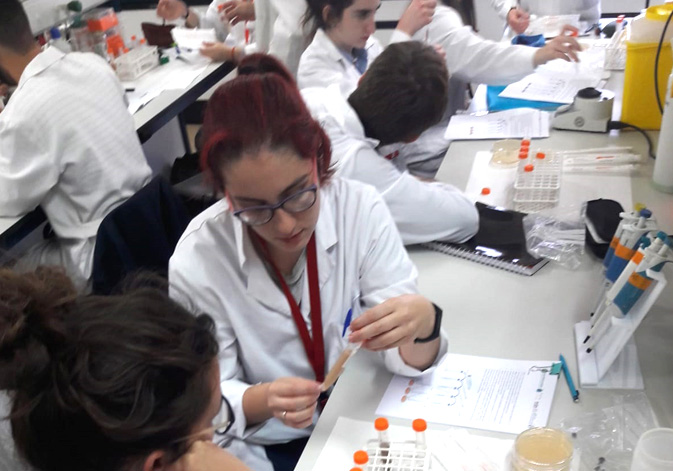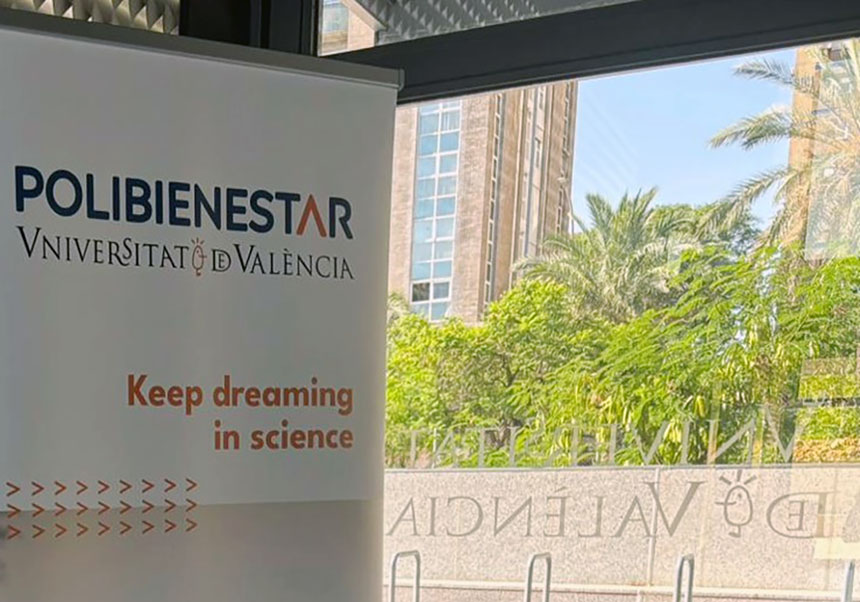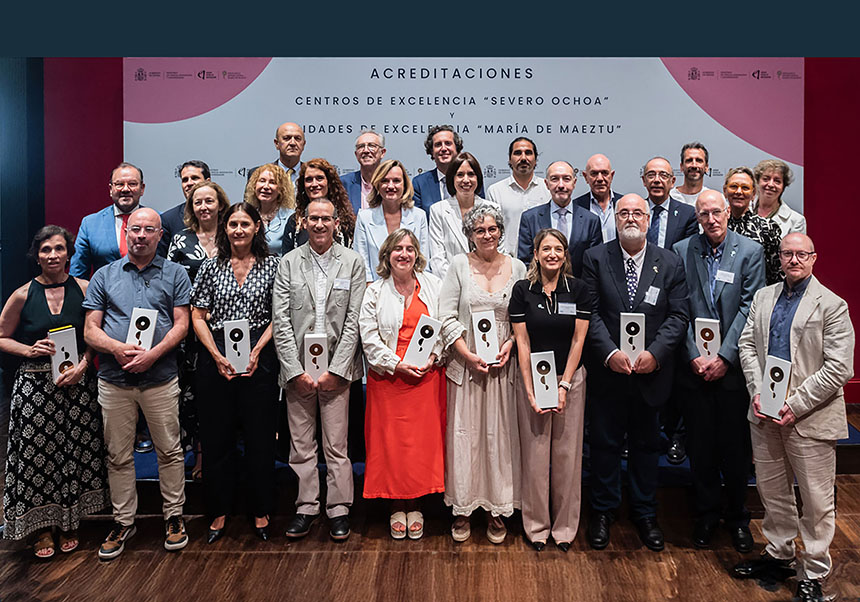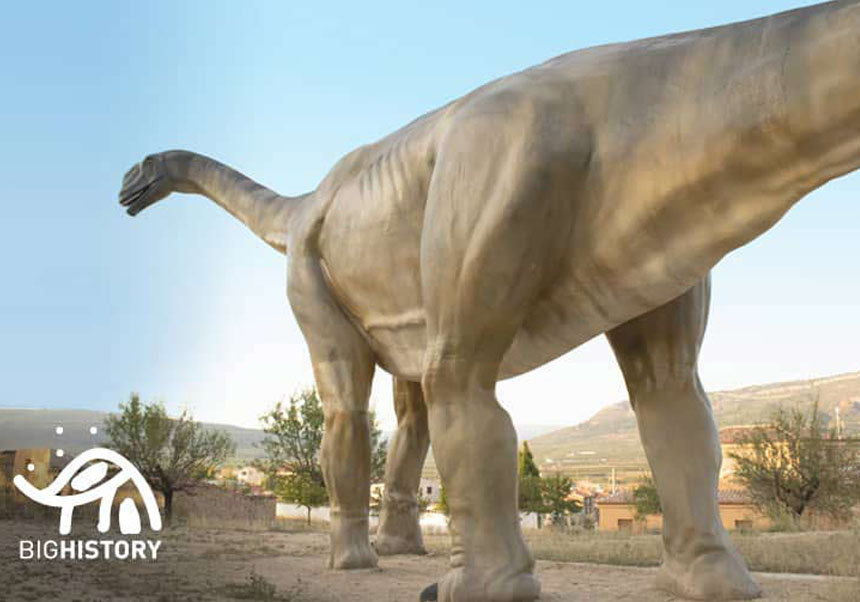The University hosts the second edition of Small World Initiative, a science dissemination project for high school students
- Scientific Culture and Innovation Unit
- November 13th, 2018

The Small World Initiative (SWI) aims to bring scientific culture and biomedical research closer to pre-university educational levels and to promote research vocation. The project is carried out in sixteen countries and is coordinated by the University of Valencia by professors from the Department of Microbiology and Ecology. In the first phase, during this month of November, 74 students of the Faculties of Biology and Pharmacy are being trained, who in the second part of the project will go to eleven Valencian high schools and schools and will guide the implementation of several experiments.
Small World Initiative is an international scientific project that emerged at Yale University (USA) in 2012 as a strategy to promote the scientific research vocation of young people and addresses a pressing health problem such as the need to find new antibiotics effective against infectious diseases. The World Health Organization (WHO) has warned about this problem and, since 2015, has been promoting the world awareness week about the use of antibiotics. In 2018, this takes place from November 12 to 18.
The SWI project has expanded in the following years to fifteen more countries, including Spain, where it began to be developed in 2017 through the SWI@Spain network, formed by 26 universities, and of which the University of Valencia is a co-founder. In the 2017/2018 academic year, the faculty of the Department of Microbiology and Ecology supervised the project in which 66 students participated, coming from degrees such as Biology, Biochemistry and Biomedical Sciences, Biotechnology, Environmental Sciences, Pharmacy and Food Science and Technology and from the Master in Research in Molecular, Cellular and Genetic Biology.
The number has increased to 74 students in this 18/19 academic year. During November the first phase of the project is being developed, in which university professors are responsible for introducing the new student body into the project. In the second phase of this Learning-Service experience, which will take place between February and April 2019, the students will act as a guide in carrying out various experiments in 12 institutes in different regions of Valencia and Castellón.
In each of the secondary education centres, the groups formed by between four and five university students or SWITAS (Small World Initiative Training Assistant) and a teacher (SWIPI, Small World Initiative Partner Instructor) will carry out five sessions. In them, high school students will learn notions about the problem of bacterial resistance and its socioeconomic impact and will assimilate several experimental methodologies.
The SWI@València project involves in each of its editions in this university about 400 people per year between SWITAS, SWITAS SENIOR, SWIPIS, students and secondary school teachers. In addition, in the 2018/19 academic year new centres have been added to the project: the IES Benigasló de La Vall d’Uixó, the El Armelar de Paterna School and the IES Federica Montseny de Burjassot.
SWI@València 2.0 is part of the cApSa program of the University of Valencia and the consortium of Valencian universities UVApS, in which the exchange of ideas and experiences on the methodology known as Learning and Service (ApS) is enhanced. It is also a member of the Small World Initiative and Tiny Earth and of the Spanish-Portuguese MicroMundo international consortia. The project is co-financed by the Servei de Formació Permament i Innovació Educativa of the University of Valencia and endorsed by the Spanish Society of Microbiology and the National Plan of Resistance to Antibiotics of the Ministry of Health, Social Services and Equality. The Scientific Culture and Innovation Unit - Chair for Scientific Dissemination of the University of Valencia is in charge of the dissemination.
File in: Recerca, innovació i transferència , Grups de recerca , Formació complementària , Cultura Científica , Innovació educativa , Difusió i comunicació científica , Investigació a la UV
















